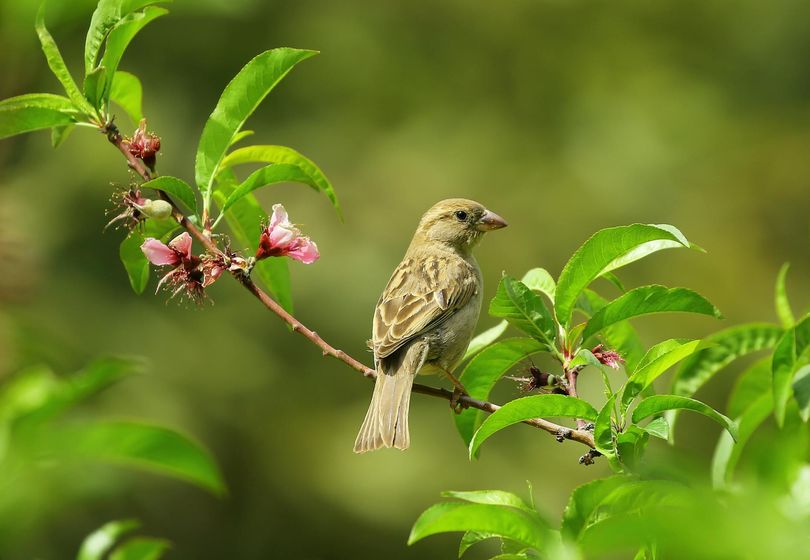
Creating an eco-friendly garden is not only beneficial for the environment but also for your own health. By opting for organic gardening practices and sustainable plants, you can cultivate a garden that thrives without the use of harmful chemicals. In this article, we will explore how you can grow plants without chemicals, promoting green living and biodiversity in your home garden.
One of the key principles of eco gardening is to eliminate the use of synthetic chemicals such as pesticides and herbicides. Instead, focus on natural alternatives to promote plant health and manage pests effectively. One way to achieve this is by making your own compost. Composting organic matter such as kitchen scraps, yard waste, and leaves not only reduces waste but also enriches the soil with essential nutrients.
Natural fertilizers are another essential component of chemical-free gardening. You can use compost, aged manure, or organic fertilizers to nourish your plants without relying on synthetic products. These natural fertilizers provide a slow-release of nutrients, promoting long-term soil health and plant growth.
When it comes to pest control in an eco-friendly garden, there are several non-toxic options available. For example, introducing beneficial insects like ladybugs and lacewings can help keep pest populations in check. Additionally, using physical barriers, such as row covers or hand-picking pests, can be effective in managing insect infestations without the need for chemical sprays.
Embracing green living in your garden also involves selecting sustainable plants that are well-adapted to your local climate and soil conditions. By choosing native species and drought-tolerant plants, you can reduce the need for excessive watering and chemical inputs. This not only conserves water but also creates a more resilient and biodiverse garden ecosystem.
Biodiversity is crucial for the health of your eco garden. By planting a variety of species, you can attract beneficial insects, birds, and other wildlife that contribute to a balanced ecosystem. Avoiding monocultures and embracing diversity in your plant selections helps create a more resilient and harmonious garden environment.
In conclusion, growing plants without chemicals is not only possible but also advantageous for the environment and your well-being. By incorporating practices such as composting, natural fertilizers, pest control, and sustainable plant choices, you can create an eco-friendly garden that thrives without synthetic inputs. Embrace the principles of organic gardening and green living to cultivate a vibrant and sustainable garden right at home.
